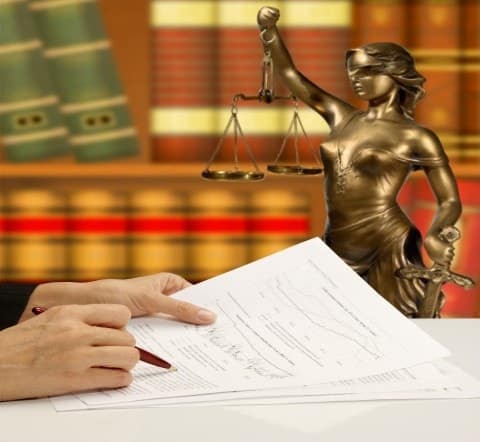Being arrested can be an extremely stressful situation, especially if you don’t understand your legal rights in Orange County. If you are arrested, and the officer starts to cite the Miranda Rights to you, which opens with the phrase, “You have the right to remain silent. Anything you say or do can and will be used against you in a court of law…”—that should you clue you in that it might, indeed, be in your best interest to remain silent until you, or an advocate, or a family member has contacted an attorney for you.
Whenever an officer informs you that you are being arrested, do not resist the process. If you are not compliant, you only risk additional charges and should only complicate your case even if you have no prior record. Fully cooperate and follow the officer’s instructions, and keep in mind that being arrested does not necessarily mean that you will be convicted of a crime.
If you are arrested on suspicion of a crime, expect the usual procedure of being taken to jail and booked, fingerprinted, and your mug shot taken. In the meantime, while in jail, you or someone in your family can contact a bail bond agency to arrange with the court to have you released from jail while awaiting trial in exchange for cash or assets. That is, of course, on the condition that the court grants you admission to bail.
If you are given only one phone call to make, use your one phone call to contact an attorney, instead of a family member, unless it is absolutely imperative to do so. An experienced attorney will be familiar with the law and will work with you to understand the steps you should take. If you are going to be incarcerated for any period of time, your attorney should be able to contact a close friend or family member to arrange for an Orange County bail bonds service to work on your release. Posting bail, the amount of which will be determined by the court, will allow you to remain free until your appearance at your trial through the day of sentencing.
Remember that the purpose of bail is to assure that you, as the defendant, will appear in court when required. The bond, as arranged by a bail bond agency, such as JR’s Bail Bonds, serves as a contract between the state and the defendant (and his sureties). Upon posting bail, the state releases the defendant from custody, with the sureties (or guarantors) taking the responsibility to ensure that the defendant will appear at the assigned time and place to answer the charge against him or her. When the defendant fails to appear, the sureties take on the debt for the amount of the bond.
Sources:
Edmonds Criminal Defense Attorney
Steps to Take Following an Arrest, johansonlaw.com
How to Understand How Bail Bonds Work, wikihow.com











